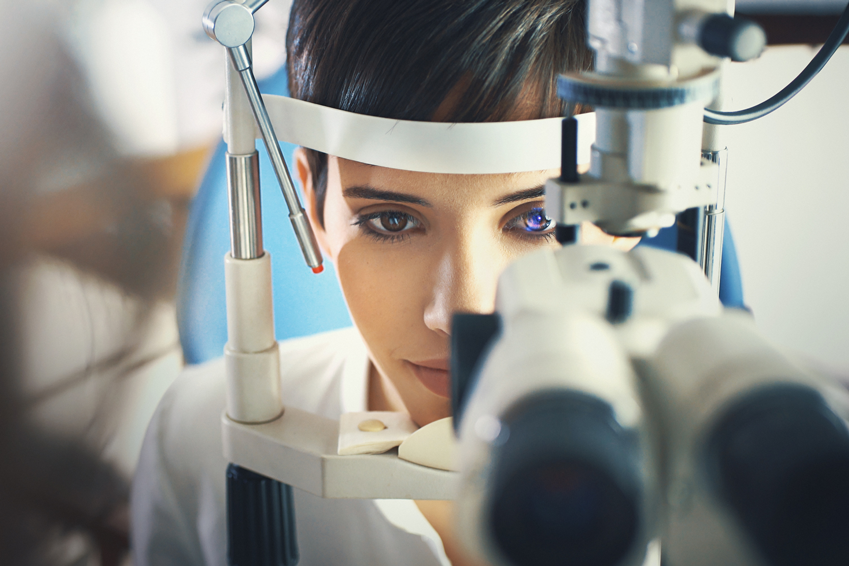Lasik eye treatment has full acceptance as a safe, effective means of vision correction. Studies by the FDA report a 95 percent satisfaction rate.
While many people who choose laser eye surgery can regain 20/20 vision or better, the procedure is not right for everyone.
Your doctor can determine whether laser eye surgery is right for you. The process starts with your eye care professional assessing the health of your eyes, looking for any signs of infection, dryness or injury. If your eyes are not healthy, these conditions can be treatable, and you may still be eligible for the procedure.

Some conditions may keep you from having laser vision correction. Your doctor is your best source of information for the following conditions:
- Eye disease or previous eye injury
- Keratoconus
- Blepharitis
- Glaucoma
- Macular degeneration
- Uveitis or iritis
- Ocular hypertension
If your eyes are healthy enough to qualify for laser vision correction, there are still other factors to consider. Further evaluation will still be necessary to assess the following conditions:
The Thickness of Your Corneas – Laser eye surgery improves your vision by reshaping your corneas. For successful laser correction, your corneas must be thick enough. Corneas that are too thin could compromise the results of your procedure.
The Size of Your Pupils – If your pupils are unusually large, there is a chance that your vision could be negatively affected. You could be at risk of experiencing halos, starbursts or glare, especially when driving at night.
Your Current Eyeglass Prescription — Laser eye surgery is a good option for those in need of mild to moderate vision correction. Whether you are nearsighted or farsighted, your prescription must fall within a specific range. If your eyeglasses are particularly strong, your doctor may advise against having laser eye surgery.
Some Medical Conditions May Affect Your Eligibility
The state of your eyes are not the only determining factors for laser eye correction. You must also be in reasonably good health. If you have specific medical conditions, your doctor may advise against laser vision correction. Be sure to tell your eye doctor if you have any medical conditions, especially if they are not well controlled. You may be advised not to have laser eye surgery if you have the following medical conditions:
Autoimmune Disorders — Autoimmune disorders can affect the way your eyes heal. If you have an autoimmune disease such as Sjogren’s syndrome, rheumatoid arthritis, Type 1 diabetes, lupus or HIV, your risk of side effects increases.
Pregnancy — If you are pregnant or are nursing, it may be best to postpone laser vision correction. Hormones can cause subtle changes in the shape of your corneas, which will cause temporary changes in your eyesight. You are more likely to have a favorable outcome if you wait.
Medications — Some medications can interfere with your body’s ability to heal. Steroids, immunosuppressants and retinoic acid can prolong the healing process and increase your risk of complications.
Other Considerations to Determine Your Eligibility
Several other factors may suggest that laser vision correction may not be your best option. Your eye doctor will want to consider the following negative factors:
- You are 20 or younger
- You participate in contact sports
- You take medications that cause your vision to fluctuate
- Your vision has not remained stable in recent years
In summary…
Laser vision correction is widely accepted as a safe and effective form of vision correction but is not advisable for everyone. When you decide to have laser eye surgery, you want a doctor with experience in the latest technology and techniques. A visit to your eye care professional will be necessary to determine if laser eye surgery is the right option for you.



